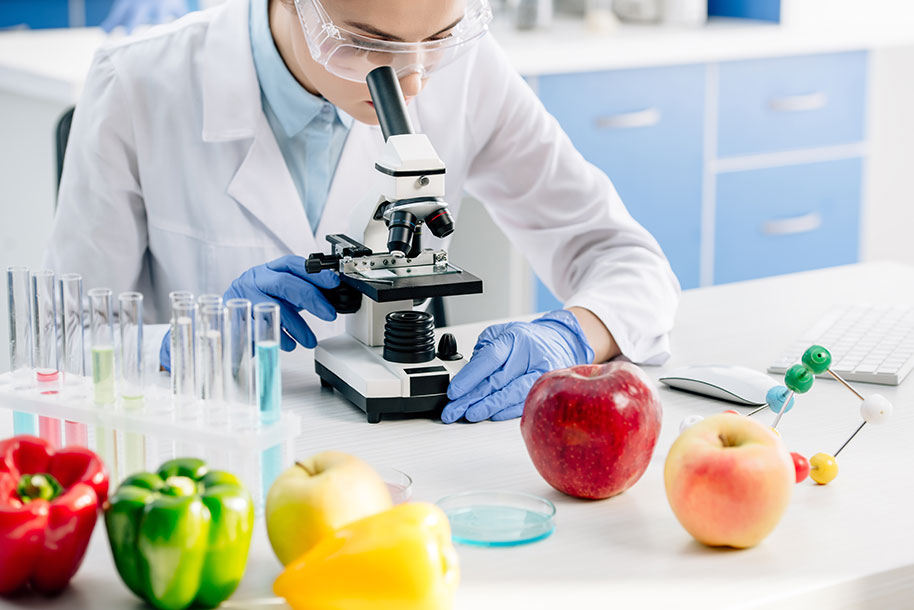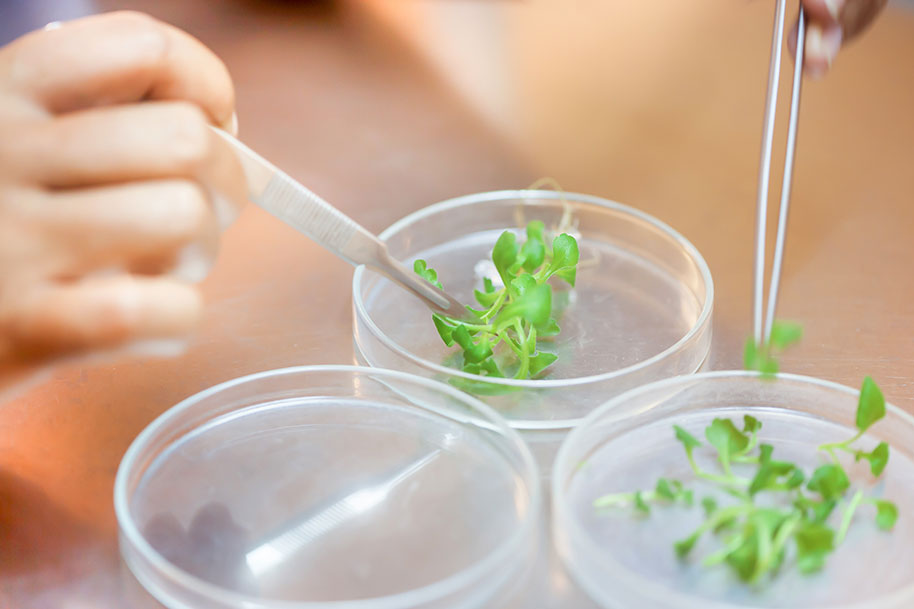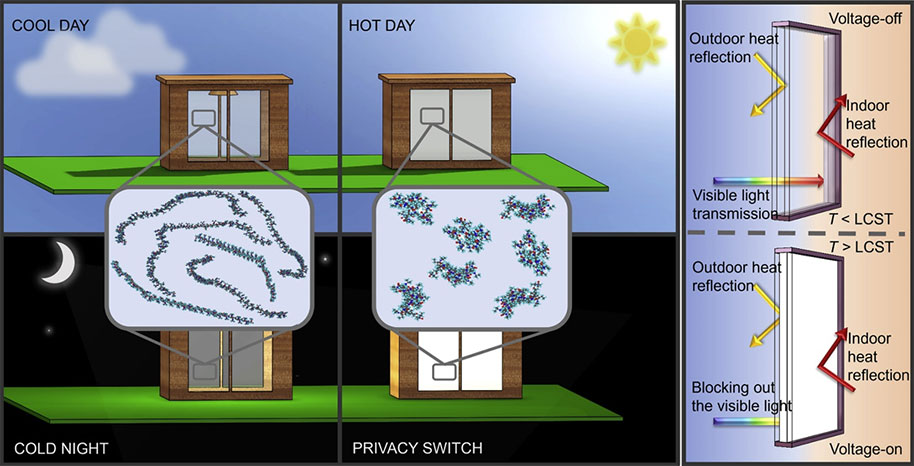How nanotechnology is shaping the future of agriculture
Agriculture is one of the oldest human activities, and food production remains one of the most essential, universal and environmentally impacting industries worldwide. The 21st century has brought new challenges - the need to feed a growing population while reducing land and water use and moving away from excessive dependence on agrochemicals.

Throughout the history of agriculture, the most powerful resource helping farmers adapt to new conditions has been the enormous genetic diversity available in natural plant and animal populations. Considering food crops in particular, selective breeding for thousands of years has been dramatically successful in producing elite cultivars that are both highly productive and well adapted to intensive cultivation.
However, it takes many years to develop the targeted crop with selective breeding methods, because discovering the genes that provide the desired traits is like looking for a needle in a haystack. But nanotechnology can help solve this problem in various ways. For example, current DNA technologies use nanomaterials to purify, protect and read the genetic code of millions of gene fragments in a few hours, providing more reliable results than ever before.

To solve these problems, nanoparticle-based gene carriers are being developed in collaboration between Sabancı University Nanotechnology Research and Application Center (SUNUM) and other centers. When these carriers are used in the expression or repression of genes, promising results are obtained in laboratory plants. Confirming the functions of plant genes in this way shortens the selective breeding process from decades to months, and result in productive and resistant plants. Thus, it aims to shape sustainable crop production and make significant contributions to the national economy.
 New generation Osteoarthritis Treatment: Microneedle Arrays for Regeneration and More
New generation Osteoarthritis Treatment: Microneedle Arrays for Regeneration and More MXene: A Rising Star 2D Material
MXene: A Rising Star 2D Material Smart Window for Efficient Light and Heat Control
Smart Window for Efficient Light and Heat Control
- 2D Materials
- Agriculture
- Agrochemicals
- Ammonia Gas
- Biomaterials
- Biomedical Applications
- Borophene Focused Ion Beam
- Carbon Nanotube
- Carbon-Based Nanomaterials
- Clean Room
- Coating
- Display Technologies
- DNA Technologies
- EMI Shielding
- Energy Storage
- Energy Technologies
- Fire Retardancy
- Gas Sensor
- Graphene
- Graphene-Based Materials
- Heat Control
- Light Control
- Lithium-ion Batteries
- Metal Nanoparticles
- MXene
- Nanofabrication
- Nanomaterials
- Nanoparticle-Based Gene Carriers
- Nanotechnological Sensors
- Nanotechnology
- Personal Electronics
- Quantum Dots
- Selective Breeding
- Smart Clothing
- Smart Window
- Stretchable Batteries
- Sustainable Crop Production
- Targeted Crop
- Thermochromic
- Transition Metal Carbides
- Transition Metal Carbonitrides
- Transition Metal Nitrides
- Wearable Electronics


